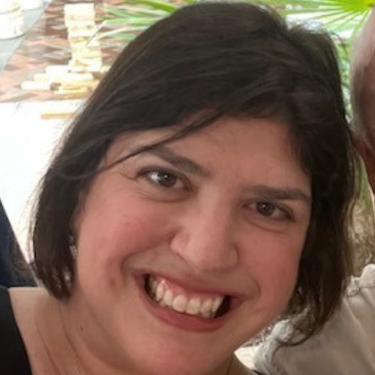By Cheryl Herzfeld, MCMHC, LPC, BCC
Many people have heard of “coaching,” but what exactly is it, and how does “life coaching” differ from counseling or therapy? One formal definition of “coaching” is “a human development process that involves structured, focused interaction and the use of appropriate strategies, tools and techniques to promote desirable and sustainable change for the benefit of the client and potentially other stakeholders.[1]”
Although coaching as a discipline and profession is relatively new, it is applied in a number of contexts, such as life coaching, skills and performance coaching, developmental coaching, executive and leadership coaching, health and wellness coaching and career coaching, just to name a few. More recently, a number of bodies have been formed to create credentialing and best practices guidelines for certified coaches so that clients can feel assured that their professionals meet the highest levels of ethical and practice standards.
Coaching has its roots in several different disciplines, including education, the social sciences, psychology, management, and philosophy, and the variety of current coaching practices, approaches and genres is reflective of this diversity.[2] At the heart of all coaching, however, is the concept of transformation, change and learning, with a fundamental shift in beliefs, feelings and perceptions of ourselves, others, and what is possible. Underlying the practice of life coaching are the assumptions that:
- People have considerable untapped potential.
- Significant human change is possible.
- Clients are resourceful – whether they are aware of this or not!
- Clients are free from serious mental health problems/diagnoses.
- Coaching will not focus on repairing psychopathologies.
- Coaching is an inherently goal-focused process.
- Change can happen in a short period of time.
- Clients are willing to do the work of change.[3]
Coaching is not the same as counseling or therapy. Counseling tends to focus more on helping people to recover functionality in their lives, while life coaching emphasizes goal attainment, personal change and the enhancement of wellbeing in one’s life. Although coaches may work with those who have mental health diagnoses or distress that rises to clinical levels, they do not diagnose or treat these conditions. Rather, the life coach encourages and supports clients in examining and evaluating their lives and then helping them to systematically make changes and learn skills to develop and implement a more fulfilling and purposeful direction.
Whether the professional you seek is a qualified therapist or a trained coach, he or she should employ evidence-based and empirically valid interventions with their clients, but understand that the approach and the focus will be noticeably different. If you are seeking help to work through challenges in your life – whether by coaching or by counseling – it is exceptionally important that you ensure your professional is appropriately trained to provide you with the services you need.

Cheryl Herzfeld received her Bachelor of Science degree in Psychology from the University of Florida and went on to complete her Master’s degree in Clinical Mental Health Counseling at Rider University. Cheryl is a licensed professional counselor and a board-certified life coach who provides individual and group counseling at JFCS, drawing on a variety of wellness-based psychoeducational and treatment modalities tailored to each client’s unique needs. She believes that life challenges and regular self-reflection are valuable opportunities to increase self-awareness and find meaning in life. To read Cheryl’s full bio, click HERE.
[1]Tatiana Bachvirova, Elaine Cox and David Clutterbuck, Introduction to The Complete Handbook of Coaching, 2nd edition (los Angeles: Sage Publications, Ltd. 2014), 1-18.
[2] Id., at 4.
[3] Anthony Grant and Michael Cavanagh, “Life Coaching,” in The Complete Handbook of Coaching, 2nd ed., edited by Elaine Cox, Tatiana Bachkirova, and David Clutterbuck (Los Angeles: Sage Publications, Ltd, 2014), 298-312.

